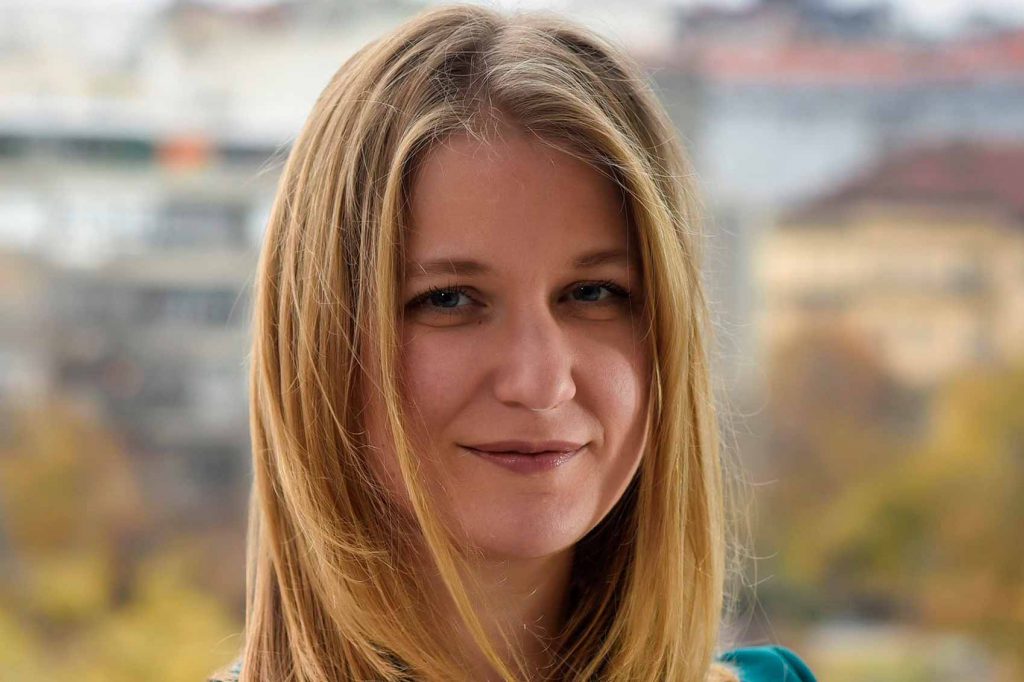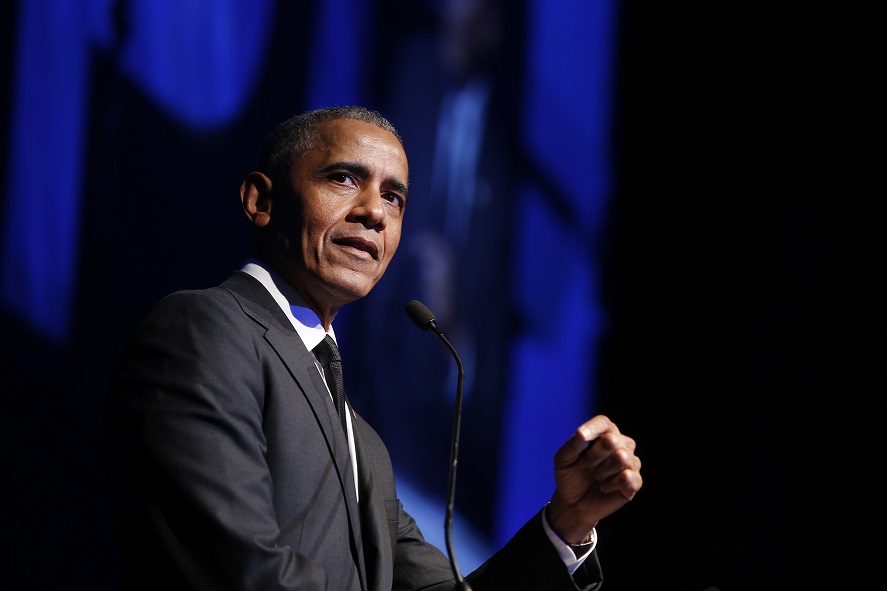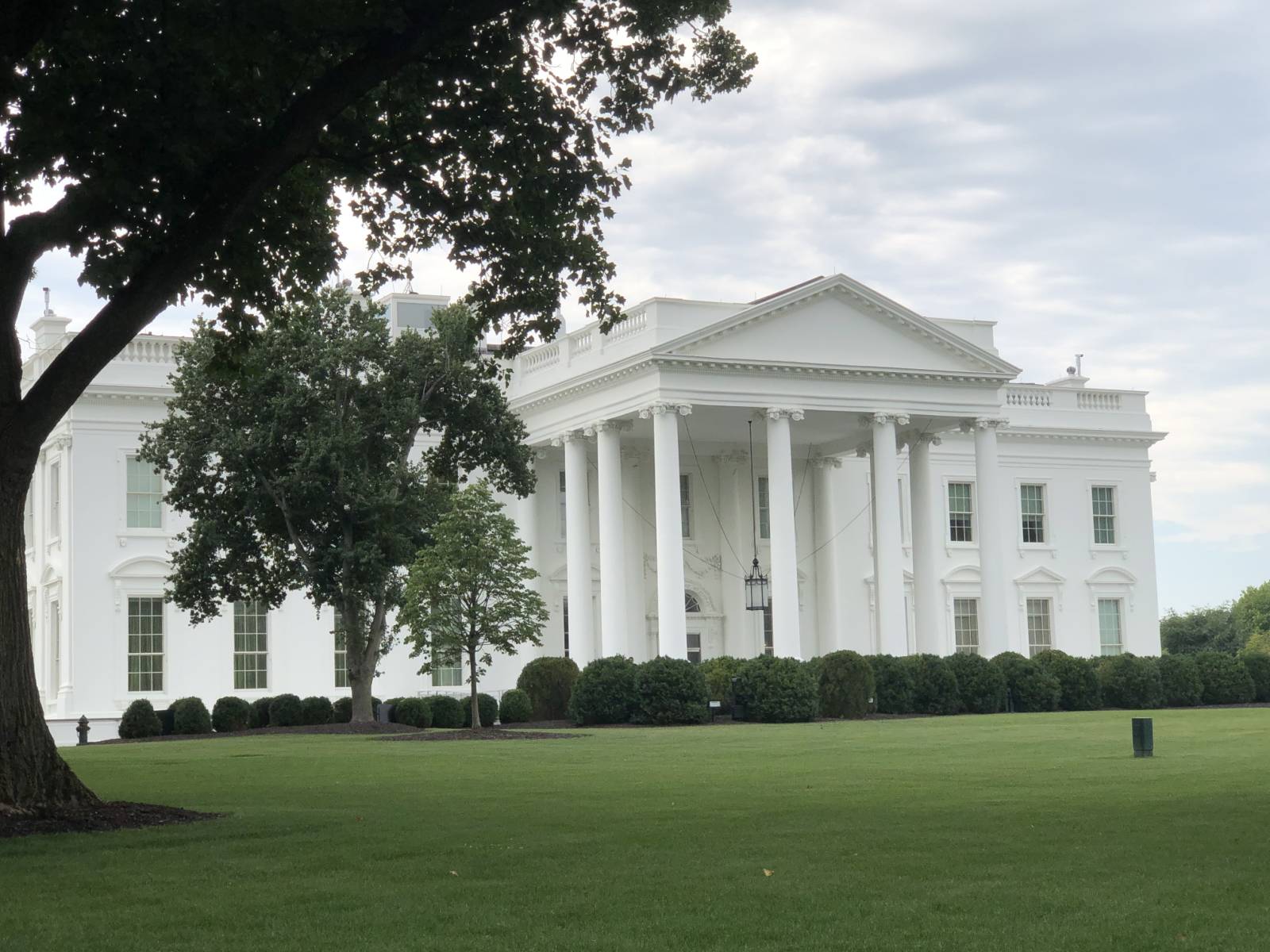
Symbolism, regular topic, such as the economy, the Green agenda, migration, but there will be nothing new in substance on the agenda of the EU-Western Balkans Summit to be held in Tirana on December 6, 2022.
This was the expectations of the Executive Director of the European Fund for the Balkans (EFB), Aleksandra Tomanic in an exclusive interview with Albanian Daily News.
In the first place, I thank you Ms. Director for this interview with Albanian Daily News and let me start please with the EU – Western Balkans summit to be held in Tirana on 6 December. Ms. Tomanic, according to you, as a seasoned expert on the EU-WB relationship which is the message to be conveyed by such an event and what are your expectations from the summit?
The fact that this EU-WB summit is taking place in the region, in Albania, is a nice symbolic gesture. Apart from regular working topics I doubt that we will hear any political breakthrough messages we haven’t heard already over the past two decades – the Western Balkans region is part of the European family, it has a clear European perspective and future, the necessary steps are known, etc.
So, we will have symbolism, regular topics, such as the economy, the Green agenda, migration, but nothing new in substance. I would very much like to be wrong in my assessment.
Next year, we will mark 20 years since the promise of Thessaloniki, when a clear European perspective was given to the countries of the region for the first time. We can mark 20 years of lost opportunities and disappointed illusions.
Officially, all governments of the region are still committed to their EU accession paths. Although the past months in Serbia, some recent staffing decisions and the announced boycott of the summit do speak another language. Meanwhile, the EU reassures a membership perspective of the Western Balkan countries. And, nevertheless, we are not moving in substance.
Enlargement fatigue is currently not used in chancelleries of EU member states publicly, but the sluggish accession process, according to me, seems to have many similarities with it. Do you think that the current repercussions and the unknown ones of the Russian invasion of Ukraine and Brussels’ eagerness to have all the WB countries in line with its stance towards Moscow are sufficient signals that accession process should be expedited?
There are many reasons why this region not only should become part of the EU, but why it truly belongs there. But all these reasons, adding the geopolitical ones you mention, cannot hide the fact that the countries of our region are not ready. No one should expect a gift or a piece of candy for aligning with the EU foreign policy, it is part of the process and self-evident if you want to belong.
Our countries have not done the necessary reforms, there is democratic backsliding in a number of them, the freedom of media is threatened, human rights are not guaranteed everywhere, activists are facing increased pressure through threats or SLAPP suits. Personally, I would not be in favour of a quick accession, as the accession process was designed to be a transformative tool. All of our societies need this tool and transformation. We need to get proper states, states that give priority to the wellbeing of their citizens, with functioning institutions and judicial systems. Then we can discuss accession.
President of the European Council Charles Michel considered the Tirana event ‘reinforced engagement’ of the EU towards the region. Which might be the new elements of such a revival of the Union’s engagement against the background of the dangerous developments in WB and Central and Eastern Europe?
This is a very good question and I am really curious to see what is to be expected from this reinforced engagement. Regarding the accession process, I am not very optimistic. I don´t see that the main obstacle is being tackled, namely the institutional absorption capacity of the EU. That is the main unresolved question concerning any new potential member state. How will the Council look like, will QVM be extended, will a Commission with potentially 33 Commissioners be feasible, how large will the European Parliament become? These are the real questions behind enlargement fatigue, behind wishes for new methodologies to buy time, and they have been neither discussed nor addressed, let alone solved. I am convinced that there will be no future enlargement while these questions remain open. Another point is that none of our countries is even close to fulfilling the membership criteria. The focus has been on opening and closing chapters/clusters but let´s not forget there are two more – the political and the economic criteria. When it comes to the political criteria, there are particularly large gaps of fulfilling the benchmark of being a fully democratic state, with division of power, rule of law or media freedom. So, it is our own fault that we are not ready, and we have absolutely no right to be angry with the EU for not doing their homework, because we have not done ours either.
There was a last-minute deal between Kosovo and Serbia brokered by internationals to avoid an escalation of the conflict as the threats of official Belgrade have been very tough, hinting military actions. There was also a massive concentration of military along the border. Ms. Tomanic can such a stalemate last endlessly as the EU and the US are pressing hard Pristina to make continued concessions to Belgrade?
The constant threat of escalation and violence represents the pure political failure of involved sides. It is an escalation rhetoric driven by those who have failed to deliver concrete results which would improve the lives of the people they pretend to care so much about. And the fact that international pressure and influence was needed once again, speaks about the local political maturity.
The whole dialogue is untransparent, so we can only guess what has been discussed or agreed. After every meeting, we are left with creating a puzzle out of media information from both sides.
Leaving the institutions, then partly returning, … that is not responsible politics.
Citizens are on the losing side. Imagine the uncertainty and fear of citizens in Kosovo, in particular in the north, in the days before the repeated postponement? What we need is a citizens-centered process, with their needs to be clearly prioritized.
Ms. Director, despite repeated promises the right of Kosovo citizens has been put off again depriving them of visa free regime to enter the Schengen Area, even though Kosovo has fulfilled all EU’s criteria for visa abolishment back in 2018. Please, what reasons are behind such a stance?
It should be noted that Kosovo has not introduced reciprocal measures towards citizens of the Schengen area.
The fact that Kosovo citizens still need a visa to travel to the Schengen area is inexplicable. Kosovo has fulfilled all demanded criteria 4 years ago and is yet to be granted visa-free travel. That is very disappointing. It sends the completely wrong message to citizens. The visa application procedures can be truly humiliating. We know from the other countries of the region how much the so-called White Schengen regime has meant for citizens.
When you look at the list of countries that enjoy visa-free travel, one can really just wonder why Kosovo had to wait this long and now even has to fulfill something that is not yet in place, namely the European Travel Information and Authorisation System, for getting visa-free travel by the end of next year.
It would be a great signal if at least the last two visa regimes within the region would be lifted, as was agreed under the Berlin Process. Kosovo citizens still need a visa to travel to Bosnia-Herzegovina and vice versa. This is a really sad signal for regional cooperation.
As a follow up – how ‘open’ is the Open Balkans initiative because even if Kosovo joins it Bosnia-Herzegovina doesn’t apply free visa regime for Pristina under pressure of Republika Srpska, that is Belgrade, and secondly, given that the Berlin Process is back on track as a German initiative is Open Balkans devaluated?
The Berlin Process is back. It remains to be seen whether it’s “on track”. Weeks ahead of the summit, the region’s expectation was of a “Berlin Process 2.0”. In Berlin we received feedback that it was a continuation, not an upgrade. If all agreements made in Berlin by heads of governments were implemented – which is not a given, when one considers our regional leaders’ track records – but if they were implemented, then Open Balkans would indeed be obsolete. In my view, Open Balkans is more about marketing than about substance. Regional cooperation should be inclusive to begin with. Especially economic integration, as it makes absolutely no economic sense to exclude three markets and more than 6 million consumers. The Common Regional Market within the EU framework was signed in late 2020 and already existed before Mini-Schengen, later renamed into Open Balkans, was established in 2021.
There are so may established formats and structures for genuine regional cooperation, the only thing missing is political will, as evidenced by this semi-regional cooperation within the Open Balkans initiative.
Let me touch me, please, about the performance of the European Fund for the Balkans during 2022 and as we are entering a new year could you share some of the main objectives of your work platform with ADN’s readers?
This year has been a really busy and successful year for us. After the long pandemic-related break, we had many activities and ideas that finally could be realized.
Despite its stalemate, we are still committed to the EU accession process of our region. We think that it is crucial to contribute to bringing EU integration policy back on track and to foster the discussion about our region also in member states. This debate is being upheld by BiEPAG – the Balkans in Europe Policy Advisory Group – which we have established jointly with the Center for Southeast European Studies of the University of Graz, that gathers outstanding experts from the region and the EU. We have just recently published a substantial study on public opinion in the Netherlands towards enlargement. It shows that the Dutch are far less skeptical than supposed. This could reshape the policy discussion substantially.
Then we have our focus on bottom-up democratisation processes throughout the region. We believe that all societal actors – active citizens and civic initiatives, academia, civil society organizations – need to reach a consensus on the fact that the future of our region as a whole depends on genuine reforms of all its societies. All these we support through our Engaged Democracy Initiative, which we have created jointly with the Institute for Democratic Engagement in SEE. We want to contribute to providing means that enable informed and empowered citizens to demand accountable institutions and actions from decision-makers. One toll to reach that can be seen in our “Balkans United For Clean Air” campaign.
And then we have the great asset of our EFB community – our alumni group of over 500 well-trained and motivated individuals who have taken part in some of EFB´s programmes over the past years. They embody valuable change makers who develop own activities supporting our shared vision of the region.
The common denominator of all our activities is the creation of regional solidarity and understanding. Just last week we had our regional tree planting “Trees of friendship” simultaneously in 12 cities of all countries of our region.
And then of course we support a substantial number of partners across the region. Next year will be similarly challenging, and we are already looking forward to it.
Ms. Tomanic you were mandated (May 6, 2019) to lead the Fund in its further developments, continuing its targets in terms of investing in the region’s europeanisation since its foundation. Do you think that the Western Balkans is more ‘europeanized’ and which are some of the main achievements in this aspect and what is still to be done to call WB an ‘europeanized’ part of the Old Continent?
Before I answer your question, I have to admit I don´t like the term “europeanising”. Our region is part of Europe, although we constantly try to aspire to it. Language matters. “Europeanisation” I see as a remnant of the 90s, when our region was experiencing wars, sanctions, devastation, while Europe (or, rather, the EU) seemed to be the lighthouse of peace, stability and prosperity. Such strong polarisation no longer exists. And this symbol of the EU as a lighthouse has changed – unfortunately for our region, but also for the EU itself. The EU is even less the homogeneous block it was when the term “europeanising of the Balkans” was coined. However, despite the fact that there are numerous internal problems concerning rule of law, media freedom or basic human rights, the EU is still a goal and a direction for the Western Balkans. But let us go back to what “europeanising” initially meant – accountable institutions, media freedom, rule of law, free and fair market access, basically everything covered by the Copenhagen criteria. Undoubtedly, the responsibility for our own “Europeanisation” lies in our own societies, voting behaviour, our demands as citizens. We as voters, we are responsible and we have to make our governments accountable for delivering what is necessary to reach these standards we aspire to.









 STUPS: Hulja
STUPS: Hulja